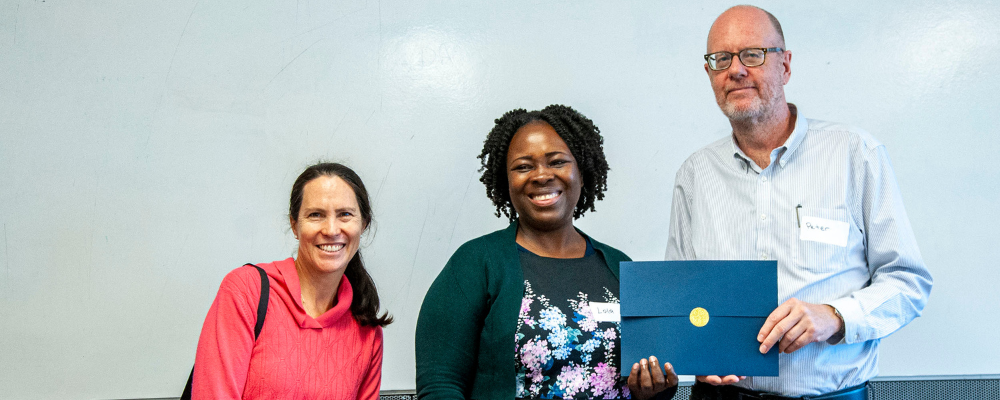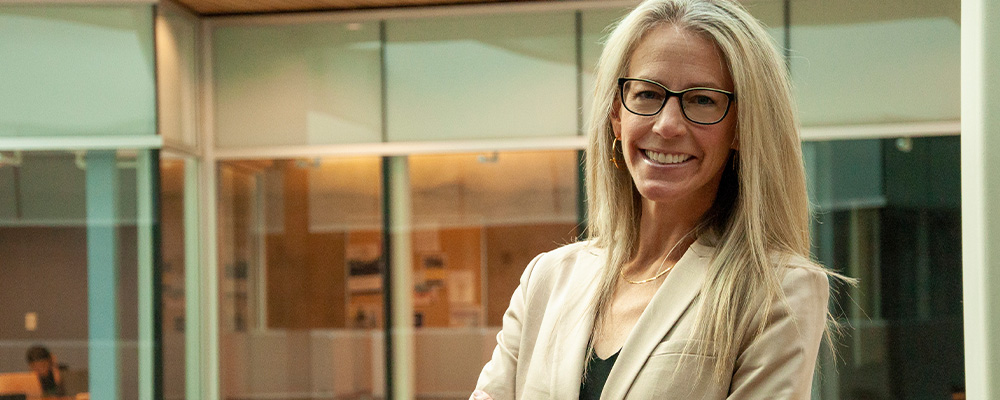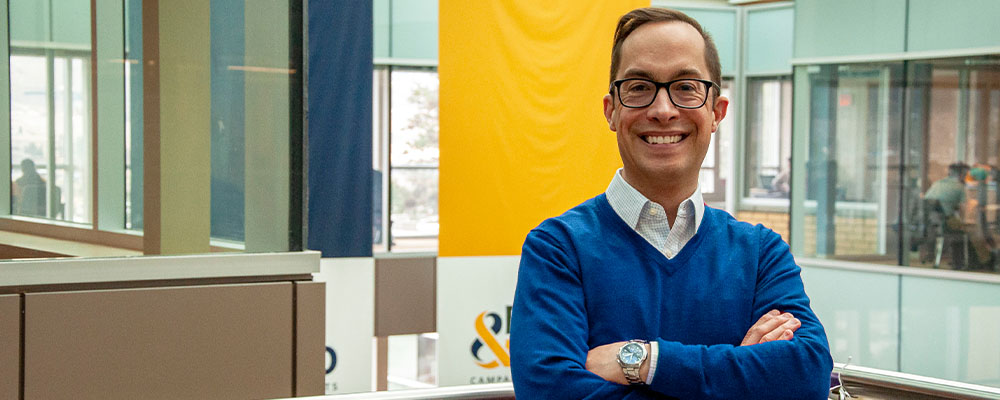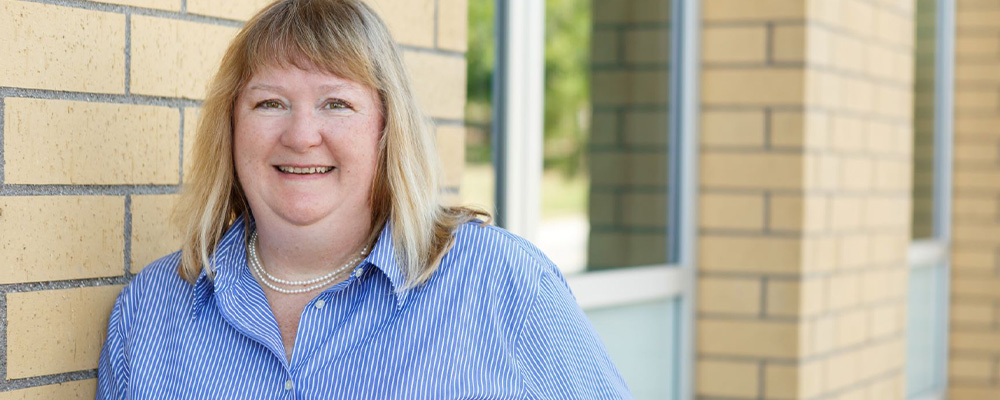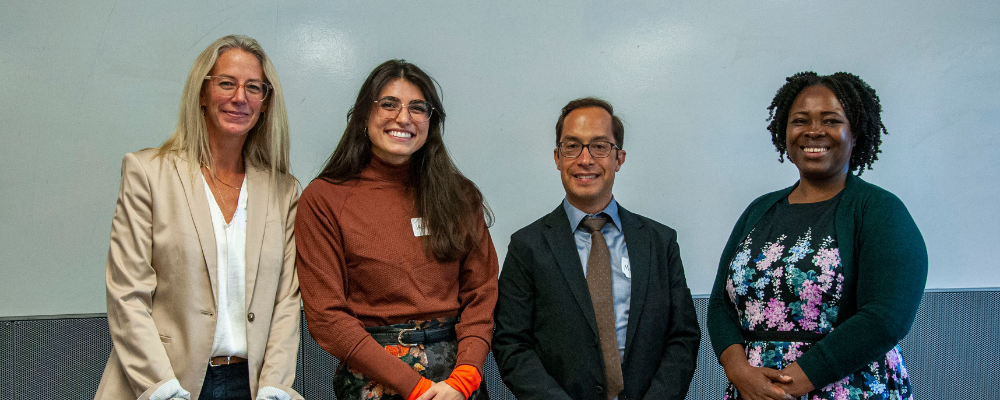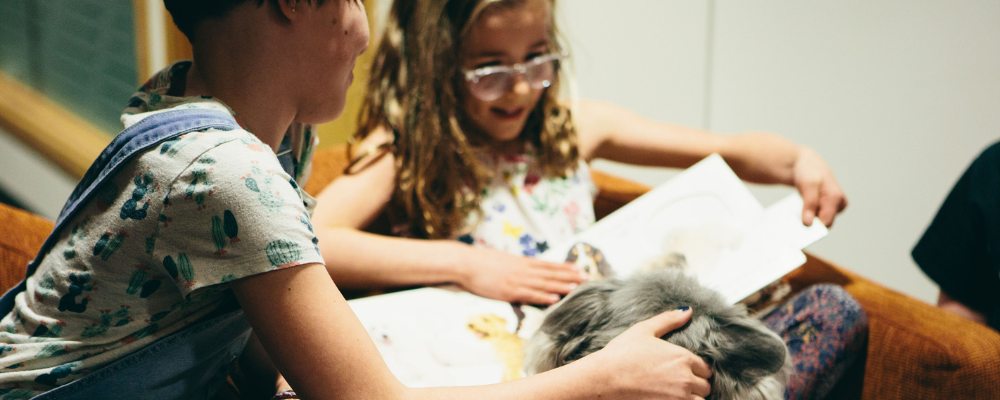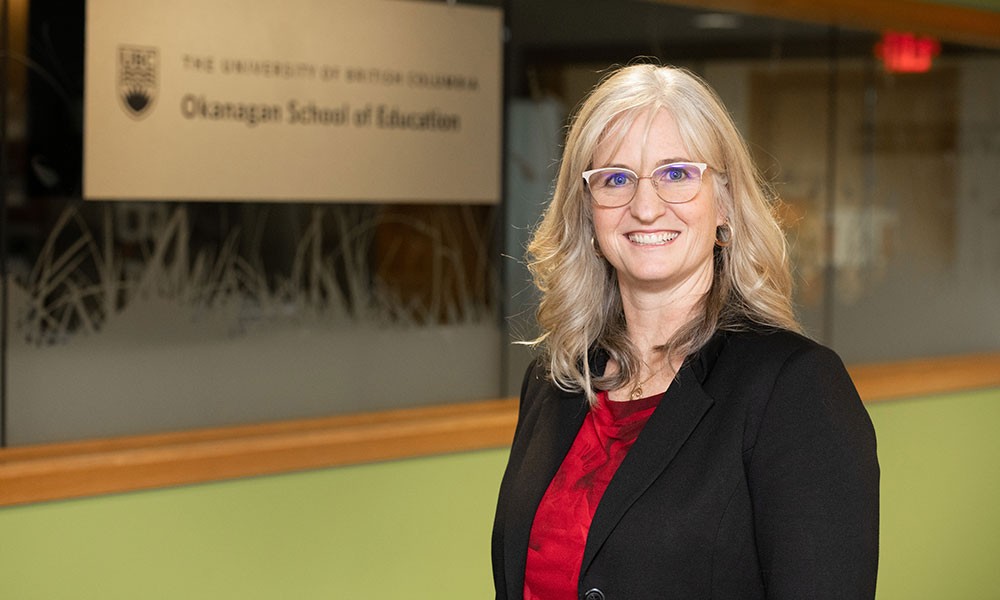We are now inviting colleagues to submit course proposals for our Summer Institute in Education (SIE). Share your research, passion and knowledge with the next generation of educators, education experts and change-makers.
SIE offers unique learning opportunities for educators to strengthen their professional growth by intertwining theoretical and practical pedagogical knowledge. SIE instructors help to instill a commitment to career-long professional knowledge.
We are seeking instructors that will share their enthusiasm for life-long learning and inspire educators at all phases of their career. Instructors will design their course for Bachelor of Education, Graduate and Post-Baccalaureate certificate and diploma students as well as current educators in the field seeking professional development opportunities.
Courses are generally three weeks in length starting July 4 OR July 25 and will be offered in the morning or afternoon Tuesday to Friday, unless otherwise noted. A minimum of a Master-level degree is required.
Instructors can apply* to one or more of the following topics:
-
- Outdoor Education (July 3 to 9, 9 a.m. to 4 p.m.) or (July 4 to 21, 9a.m. to 12 p.m.)
- Climate Change (July 4 to 21, 9 a.m. to 12 p.m.)
- Indigenous Education (July 4 to 21, 9 a.m. to 12 p.m.)
- Digital Literacy (July 4 to 21, 9 a.m. to 12 p.m.)
- Trauma Informed Teaching (July 4 to 21, 1 p.m. to 4 p.m.)
- Students with Exceptionalities (July 4 to 21, 1 p.m. to 4 p.m.)
- Universal Design (July 4 to 21, 1 p.m. to 4 p.m.)
- American Sign Language (July 4 to 21, 1 p.m. to 4 p.m.)
- Early Childhood Education (July 4 to 21, 1 p.m. to 4 p.m.)
- Science Methods (July 25 to August 11, 9 a.m. to 12 p.m.)
- Childhood Learning Disabilities and Cognitive Challenges (FASD, ADHD, Autism, etc.) (July 25 to August 11, 9 a.m. to 12 p.m.)
- Indigenous Education (July 25 to August 11, 9 a.m. to 12 p.m.)
- Assessment and Testing (July 25 to August 11, 9 a.m. to 12 p.m.)
- Teacher Well-being (July 25 to August 11, 1 p.m. to 4 p.m.)
- Literacy (July 25 to August 11, 1 p.m. to 4 p.m.)
- Classroom Leadership (July 25 to August 11, 1 p.m. to 4 p.m.)
- Health, Outdoor Education and Physical Education (July 25 to August 11, 1 p.m. to 4 p.m.)
- Inquiry Project (G.R.I.P.) (July 4 to August 11, online-asynchronous)
- Other – educators are invited to submit their own topic
Note that there is separate application for courses to be taught in French, please see invitation below.
Interested educators must submit their resume, course title, description, objectives and learning outcomes by 4 p.m. on Monday, Nov. 28.
*each course requires a separate application
If you have any questions about the SIE or the application process, please email sie.education@ubc.ca.
Interested in receiving a notification for when we begin accepting instructor applications? Sign-up for our Summer Institute Instructor newsletter.
All courses are subject to change and minimum enrolment.
Nous invitons nos collègues à soumettre des propositions de cours en français pour notre Institut d’été en éducation (OSE – SIE). Partagez vos recherches, votre passion et vos connaissances avec la prochaine génération d’éducateurs, d’experts en éducation et d’agents du changement.
L’Institut d’été en éducation offre des opportunités d’apprentissage uniques aux éducateurs pour renforcer leur croissance professionnelle en mêlant connaissances pédagogiques théoriques et pratiques. Les instructrices et instructeurs aident à insuffler un engagement envers les connaissances professionnelles et promeuvent un développement professionnel continu.
Nous cherchons des instructrices et instructeurs qui partageront leur enthousiasme pour l’apprentissage continu et inspireront le personnel enseignant à toutes les étapes de leur carrière. Les instructrices et instructeurs conçoivent leur cours pour les étudiant.es du baccalauréat en éducation, des certificats et diplômes post-baccalauréat et post-baccalauréat ainsi que pour le personnel enseignant actuel dans le domaine à la recherche d’opportunités de développement professionnel.
Les cours durent généralement trois semaines à partir du 4 juillet OU du 25 juillet et seront offerts le matin ou l’après-midi du mardi au vendredi, sauf indication contraire. D’autres formats peuvent aussi être proposés.
Un minimum d’un diplôme de maitrise est requis pour offrir un cours.
Les instructrices et instructeurs peuvent soumettre une proposition selon leur expertise. Voici une liste non exhaustive de thèmes possibles :
- Éducation en plein air
- Changement climatique et questions environnementales
- Éducation autochtone
- Littératie numérique
- Enseignement tenant compte des traumatismes
- Élèves à besoins spécifiques
- Design universel
- Planification interdisciplinaire, intégration langue et contenu
- Évaluation
- Apprentissage par enquête
Les personnes intéressées doivent soumettre leur curriculum vitae, le titre du cours, la description, les objectifs et les résultats d’apprentissage avant 16 h le lundi 28 novembre.
* Chaque cours nécessite une soumission séparée.
Si vous avez des questions, veuillez envoyer un courriel à sie.education@ubc.ca ou à carl.ruest@ubc.ca.
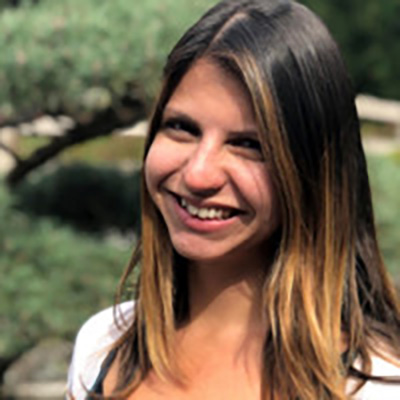
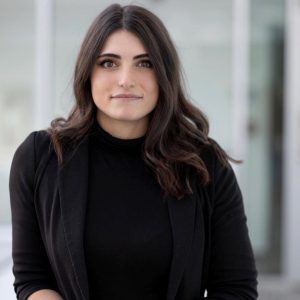 Congratulations to Addie Mercuri for receiving the Outstanding Master-Level Award!
Congratulations to Addie Mercuri for receiving the Outstanding Master-Level Award!